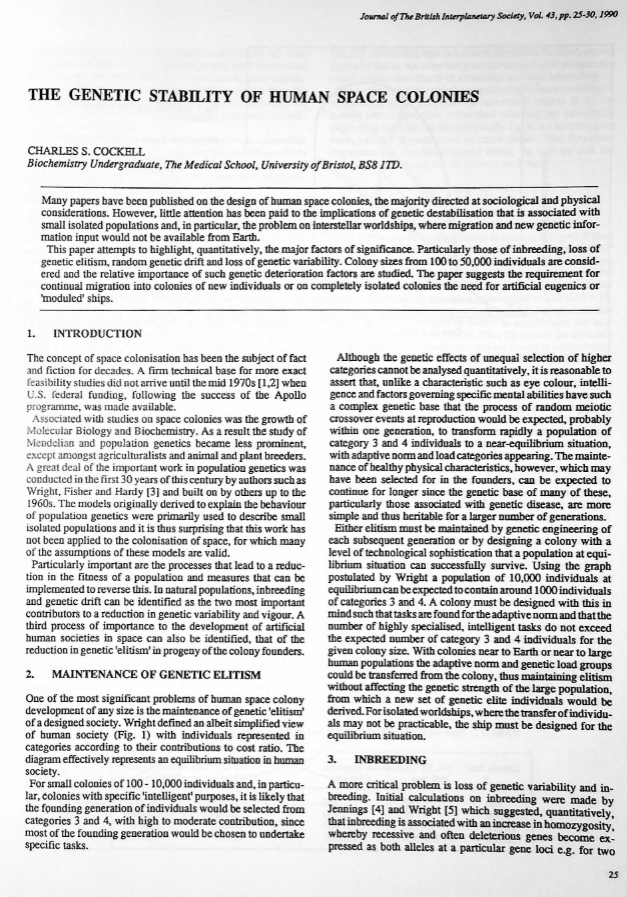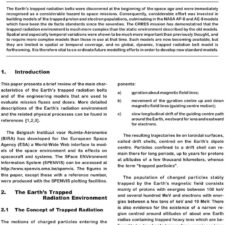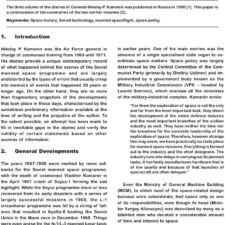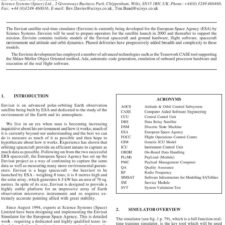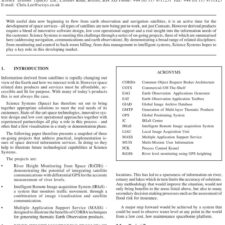The Genetic Stability Of Human Space Colonies
£5.00
C. S. Cockell. (1990), JBIS, 43, pp.25-30
Refcode: 1990.43.25
Abstract:
The concept of space colonisation has been the subject of fact and fiction for decades. A firm technical base for more exact feasibility studies did not active until the mid 1970s [1,2) when U.S. federal funding, following the success of the Apollo programme, was made available. Associated with studies on space colonies was the growth of Molecular Biology and Biochemistry. As a result the study of Mendelian and population genetics became less prominent, except amongst agriculturalists and animal and plant breeders. A great deal of the important work in population genetics was conducted in the first 30 years of this century by authors such as Wright, Fisber and Hardy [3] and built on by others up to the 1960s. The models originally derived to explain the behaviour of population genetics were primarily used to describe small isolated populations and it is thus surprising that this work has not been applied to the colonisation of space, for which many of the assumptions of these models are valid.

